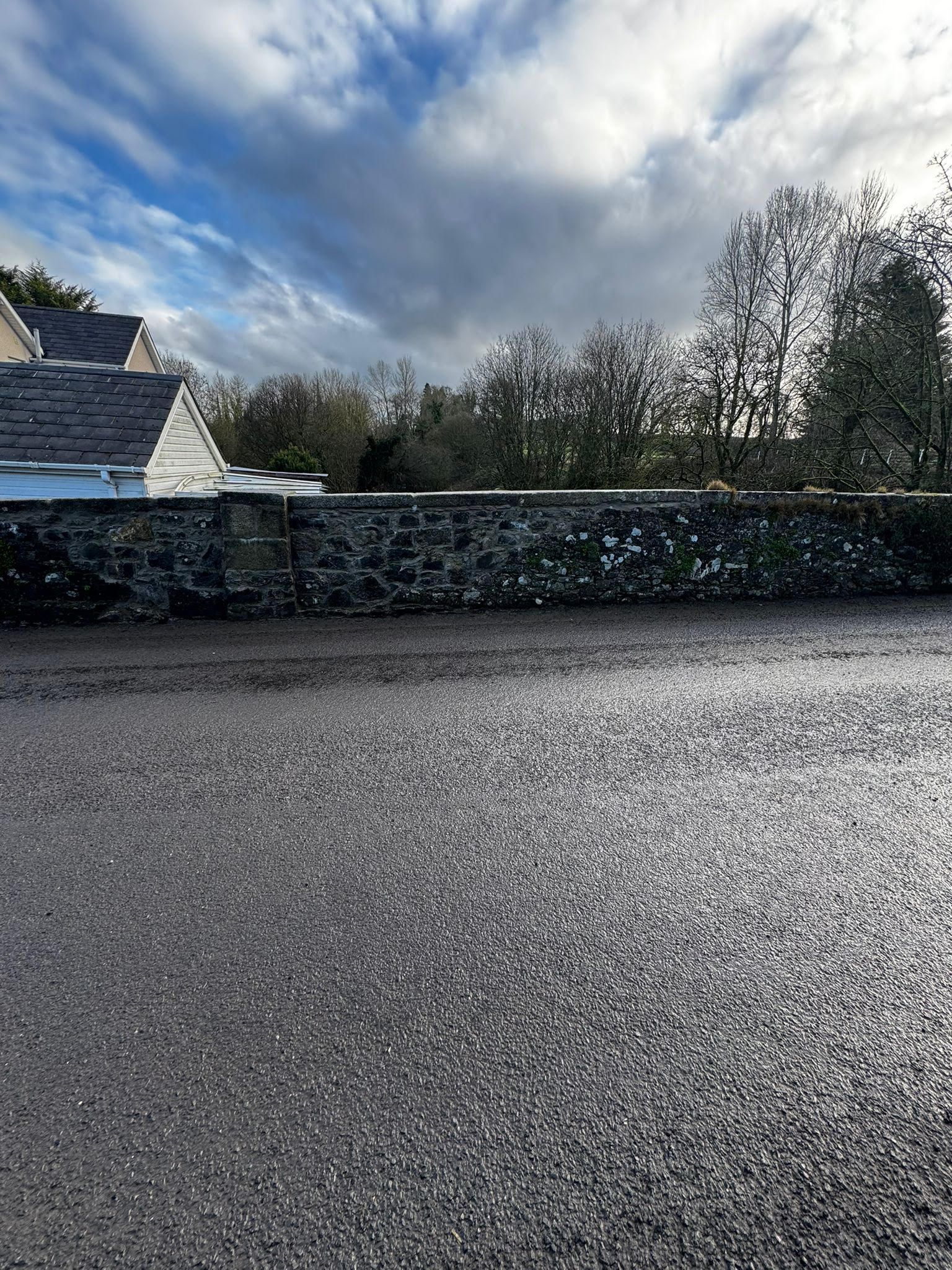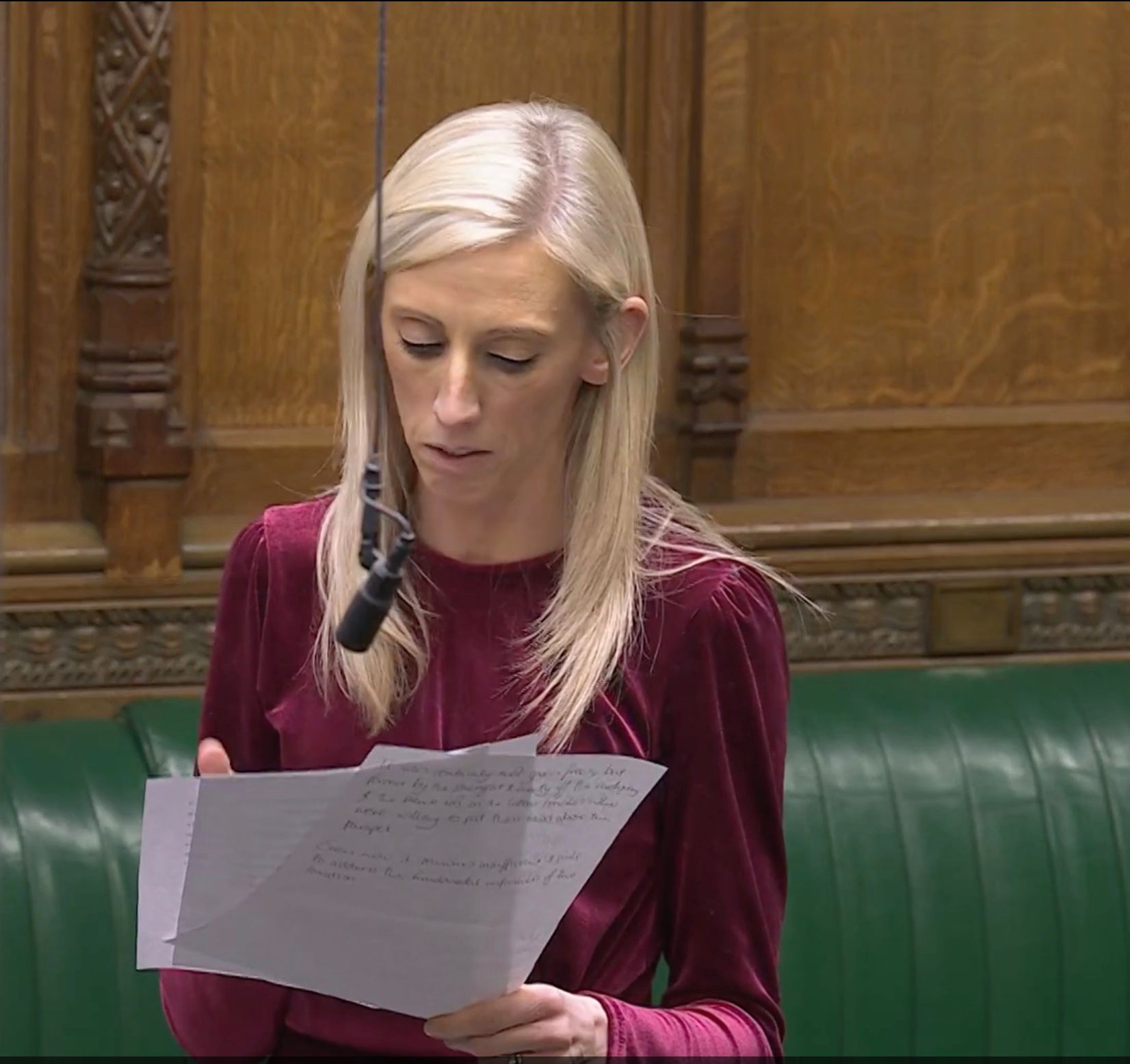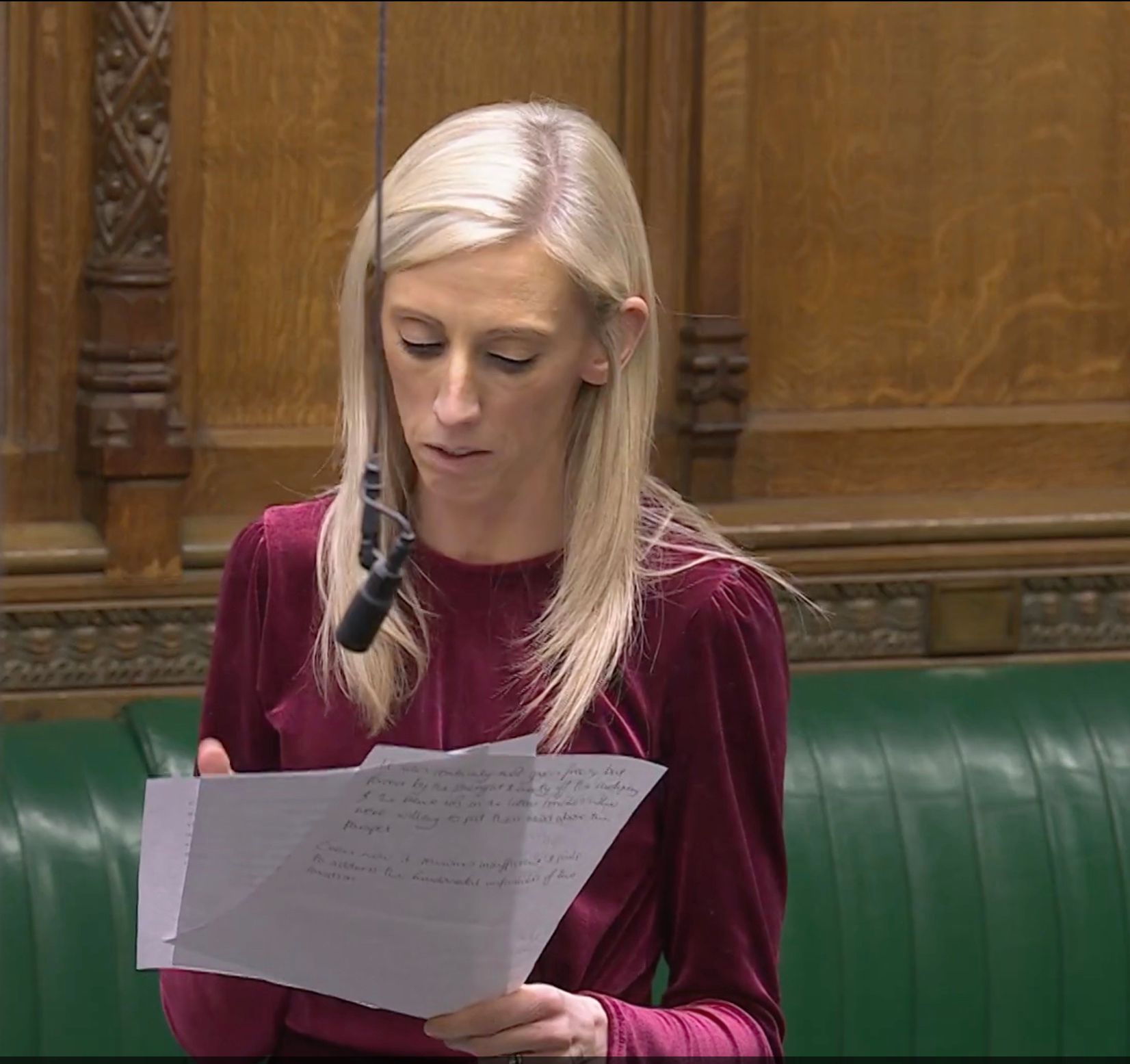MP appeals for vigilance as Bluetongue threat increases
Upper Bann MP Carla Lockhart is appealing to livestock farmers in Northern Ireland to remain vigilant as the threat from Bluetongue disease increases.

The DUP Agriculture, Environment and Rural Affairs spokesperson in Westminster said: “The province’s ruminant population is facing a heightened threat from the notifiable Bluetongue disease (BTV). Animals showing suspected signs of the disease should be examined by a vet without delay.
“As we enter the summer months the risk increases, as warmer and more favourable weather conditions may contribute to the movement of midges across the Irish Sea. This is an airborne disease, spread by midges that have been infected by the virus. It can also be transferred through infected germplasm.
“Unfortunately, there is nothing anyone can do to prevent an incursion. During a recent meeting, chief vet Brian Dooher, assured me that DAERA is committed to minimising the risk. The department is monitoring the Bluetongue threat via the Met Office Hazard Manager service, and carrying out increased surveillance at a number of sites across Northern Ireland, especially in coastal regions.”
The MP added: “Potentially, Bluetongue could have a devastating impact on the local agri-food sector, including restrictions on export trade. The viral disease affects cattle, sheep, goats, deer and camelids. Clinical signs vary by species, although the symptoms are more obvious in sheep.
“The movement of animals from Great Britain to Northern Ireland remains suspended due to the threat of Bluetongue. However, the illegal importation of animals and food is irresponsible and leaves our industry very vulnerable. I welcome DAERA’s increased presence at local ports.
“Livestock should be sourced responsibly. I would appeal to anyone importing animals from regions throughout Europe to think twice.”
Ms Lockhart’s warning comes following confirmation that an outbreak of lumpy skin disease (LSD) has been detected for the first time in France. Cattle, buffalo and zebus are susceptible to the contagious disease, while other species such as sheep and goats are not affected. Infection from LSD leads to compromised herd health and production losses. It is also transmitted by biting insects.
Carla Lockhart MP continued: “Officials predict that Bluetongue disease will reach our island at some stage. Nobody knows when, but it is another challenge that will we have to deal with, and that is why surveillance is crucial. The earlier the virus is detected, the more effective the control measures.
“DAERA has recently published a BTV-3 disease control framework document for Northern Ireland, which outlines its disease control response and measures that will be introduced on an all-island basis in the event of a suspected or confirmed case of Bluetongue.
“There are no licenced Bluetongue vaccines available in Northern Ireland, but we are expected to get ‘exceptional circumstances’ approval from the EU if necessary. “
A total of 262 farms in England have had one of more animals test positive on PCR for BTV-3 or BTV-12, during the 2024-25 vector season. As of this week (Monday, 1st July), the restricted zone has been extended to cover the whole of England. Herd and flock owners in England are now permitted to move animals freely without a BTV licence or pre-movement tests.
The Welsh and Scottish government’s, are permitting the intake of cattle from a restricted zone, under APHA licence providing they show no clinical signs and are fully vaccinated with the Bultavo-3 vaccine. Sheep require a licence, must be fully vaccinated and have negative pre-movement tests from the Pirbright lab.









